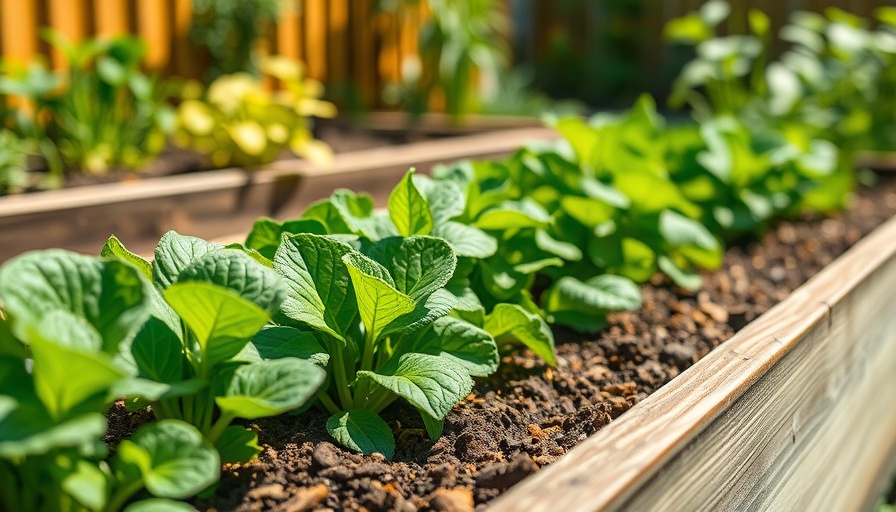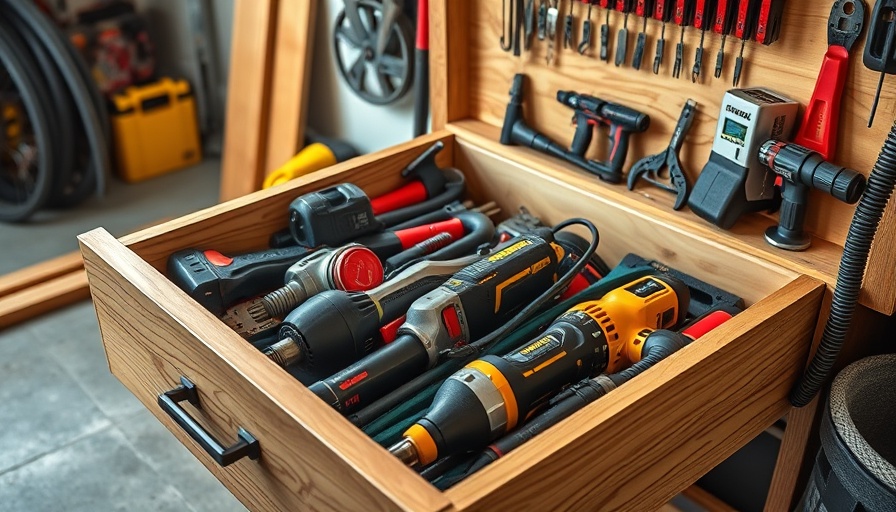
Understanding the Value of Raised Bed Gardens
Raised bed gardening is a popular choice among home gardeners, thanks to its numerous benefits. Not only do these elevated structures offer enhanced soil quality control, but they also allow for better drainage and extended growing seasons. For those looking to cultivate a healthy crop of vegetables, understanding the potential issues that can arise in a raised bed garden is crucial. These challenges can lead to lackluster growth and disappointing yields, which can be frustrating for any gardener.
Common Reasons Your Raised Bed Vegetables May Be Struggling
Below, we explore the seven main reasons your raised bed vegetables might not be performing as well as expected, along with actionable insights to rectify these issues.
Poor Soil Quality
The foundation of any successful garden is the quality of the soil. In raised beds, plants are entirely reliant on the soil provided during setup. If the soil is subpar, it shows in the plants. A mix of quality garden soil supplemented with fertilizers is vital for optimal growth. Spencer Campbell, a horticulturist from The Morton Arboretum, emphasizes that vegetables, being annual plants, require solid support throughout their growing season. Not only does this include fertilizer but also ensuring the right mix of nutrients in the soil.
Insufficient Soil Depth
Every vegetable has different root requirements. For instance, deep-rooted plants like carrots require 12 to 18 inches of soil, while most vegetables thrive in 8 to 12 inches. Shallow beds result in restricted root growth and ultimately poor yields. Homeowners struggling with root vegetables should consider adding layers of soil to ensure that depth is adequate for robust growth.
Poor Drainage Solutions
Drainage is a common pitfall in raised bed gardening that can lead to waterlogged roots. This often happens if the base of DIY gardens lacks proper drainage holes. To avoid water retention, ensure your raised beds are well-constructed. Adding a well-draining soil mix or incorporating compost can improve drainage and oxygen levels in the soil, ensuring healthy root systems.
Inadequate Sunlight Exposure
Vegetables require at least six hours of direct sunlight daily. Without this, they will face hurdles in growth and fruiting. Garden planners should carefully assess potential shading from trees or structures when designing gardens, especially during winter when tree canopies aren’t filled. If your raised beds aren’t getting enough sunlight, consider relocating them or pruning back any obstructive branches.
Crowded Plantings Issues
One of the more common mistakes in raised bed gardening is overcrowding. With limited space, plants compete for nutrients and sunlight, leading to stunted growth. Proper spacing is crucial not only for airflow—which helps fend off diseases—but also for making it easier to identify any pest problems. It’s advisable to adhere to spacing guidelines when planting to maximize the benefits of your raised bed.
Importance of Crop Rotation
Finally, the importance of crop rotation cannot be overstated. Planting the same crops in the same raised bed year after year can deplete the soil’s nutrients and contribute to disease buildup. Implementing a rotating schedule for crops allows the soil to recover and replenishes essential nutrients, leading to healthier plants over time.
Practical Tips for Successful Raised Bed Gardening
Adjusting your raised bed approach can transform a struggling garden into a thriving one. Here are some actionable insights:
- Regularly test your soil to understand nutrient levels and amendment needs.
- Rotate crops annually to prevent soil depletion and diseases.
- Maintain adequate spacing between plants to promote airflow and growth.
- Place your raised beds in areas that receive maximum sunlight.
- Consider vertical gardening options to maximize space and yield.
Conclusion: A Thriving Garden Awaits
Gardening can be an incredibly rewarding pursuit, and addressing these common struggles can revitalize your efforts. By understanding the nuances of raised bed gardening, you’re setting yourself up for success. So take a moment to assess your garden’s needs and make the necessary adjustments to watch your vegetables flourish. For more expert insights and assistance, consider reaching out to your local gardening community or professional landscapers who can offer tailored advice for your specific situation.
 Add Row
Add Row  Add
Add 






Write A Comment